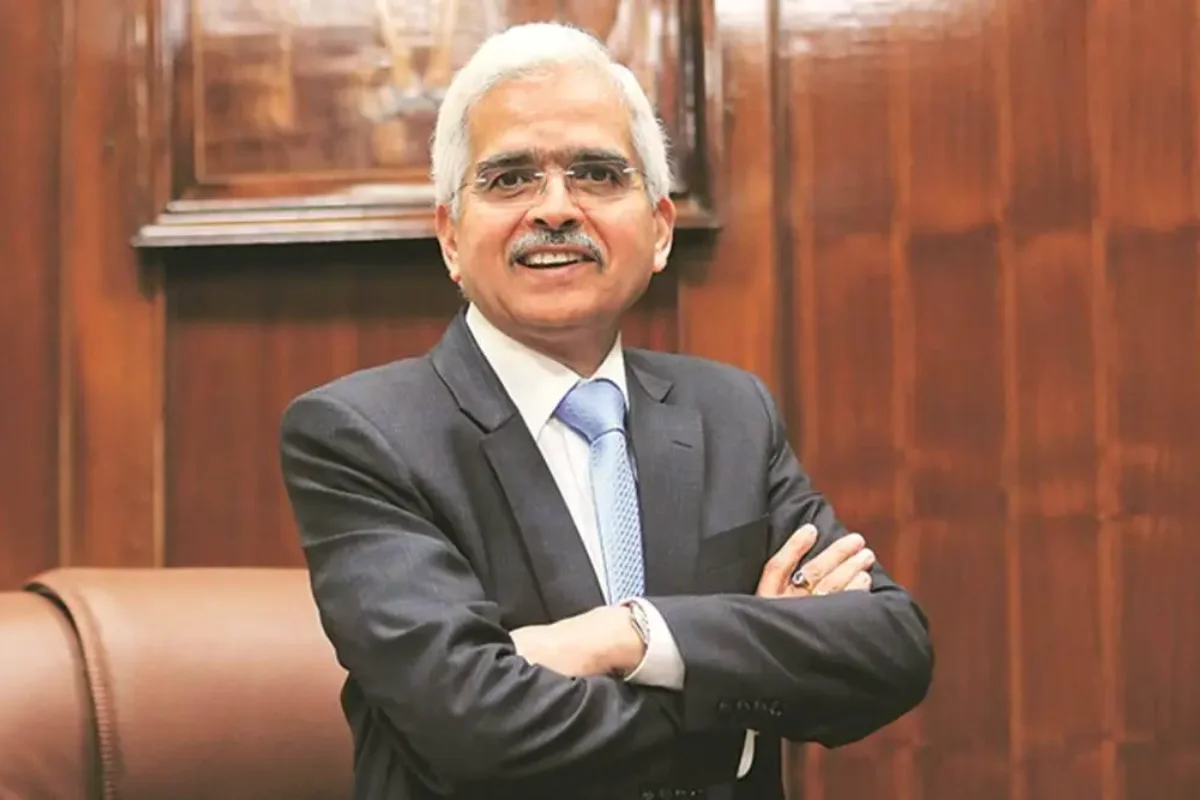RBI Monetary Policy: The Reserve Bank of India (RBI) announced its decision to maintain the status quo on policy rates and stance during the recent Monetary Policy Committee (MPC) meeting. The repo rate was unanimously kept unchanged at 6.5%, with the continued policy stance of ‘withdrawal of accommodation.’ Other key rates, including the standing deposit facility (SDF) rate, marginal standing facility (MSF) rate, and bank rate, also remained unaltered.
Optimistic Growth Forecast
Governor Shaktikanta Das provided insights into India’s economic outlook, expressing optimism despite the fragile global economic environment. The RBI revised the real GDP growth projection for the fiscal year 2023-24 (FY24) to 7%, up from the earlier estimate of 6.5%. Notable adjustments were made in the GDP projections for the third and fourth quarters, indicating robust growth in the country.
Inflation Forecast Unchanged
While highlighting India’s economic resilience, the central bank maintained its Consumer Price Index (CPI)-based inflation forecast for FY24 at 5.4%. The projections for Q3 and Q4 were specified at 5.6% and 5.2%, respectively. Governor Das emphasized the need for ongoing disinflationary measures to align headline inflation with the targeted 4%.
Framework for Connected Lending
Addressing regulatory aspects, the RBI introduced plans for a unified regulatory framework on connected lending for all entities regulated by the Reserve Bank. This initiative aims to enhance the pricing and management of credit by regulated entities, contributing to a more robust financial ecosystem.
SDF and MSF Facilities on Weekends
In a move to facilitate better fund management by banks, the RBI decided to allow the reversal of liquidity facilities under both SDF and MSF, even during weekends and holidays, effective from December 30, 2023. This measure will be subject to review after six months or earlier if needed.
Enhanced UPI Transaction Limits and E-Mandate Changes
The RBI proposed an increase in UPI transaction limits for payments to hospitals and educational institutions, from ₹1 lakh to ₹5 lakh per transaction. Additionally, changes were suggested in the e-mandate framework, raising the limit to ₹1 lakh per transaction for specified categories like mutual fund subscriptions and insurance premium payments.
Keep watching our YouTube Channel ‘DNP INDIA’. Also, please subscribe and follow us on FACEBOOK, INSTAGRAM, and TWITTER












